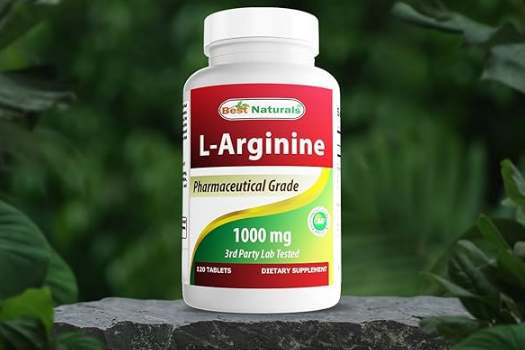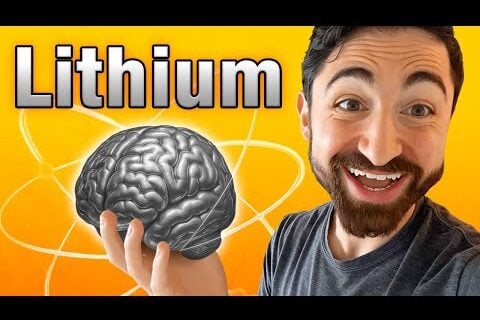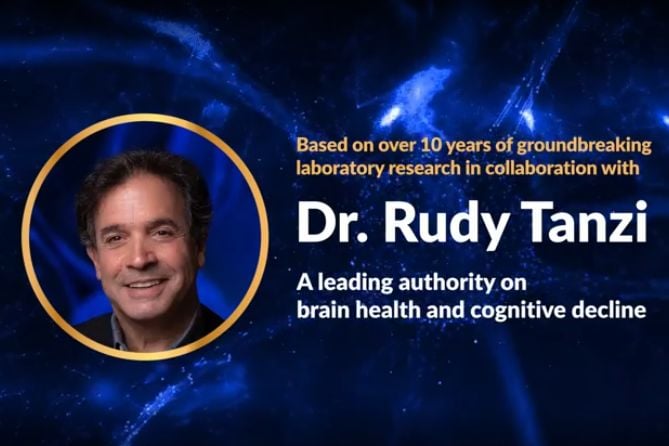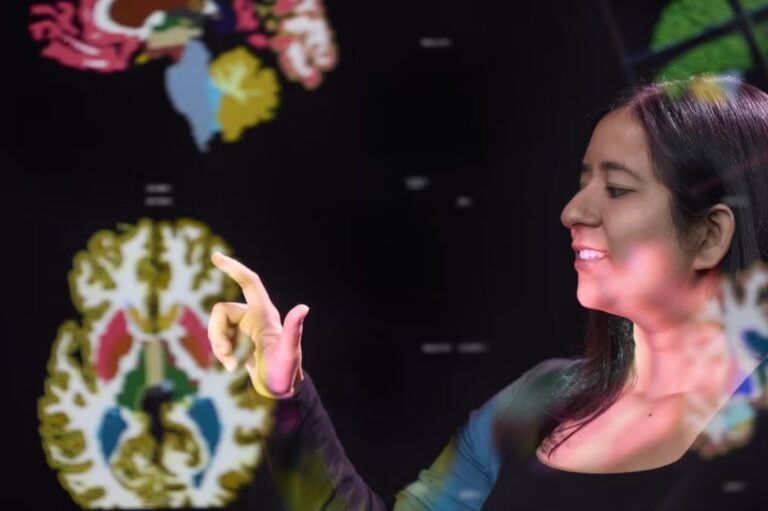
Could Omega-3 in Midlife Lessen Early-Onset Dementia Risk?
Higher midlife omega-3 levels were linked to lower early-onset dementia risk. It’s not proof — but it’s a meaningful signal worth paying attention to.

Higher midlife omega-3 levels were linked to lower early-onset dementia risk. It’s not proof — but it’s a meaningful signal worth paying attention to.

A new study suggests a simple nutrient — arginine — may reduce amyloid-β buildup in Alzheimer’s. The findings, from animal studies, raise an encouraging question: could arginine eventually play a role in Alzheimer’s prevention? Here’s what the research shows — and what caregivers should know.

BRAIN RECIPE: Make your pumpkin-pie a brain-healthy magnesium-pie. Try this “cognitively-correct” dish for dinner.

Dr. Michael Gregger, Director of the authoritative NutritionFacts site, asks, “Why has fish consumption been associated with cognitive impairment and loss of executive function?”

Women face a higher risk of Alzheimer’s. New research shows that low omega-3 levels may be a hidden factor—and boosting intake through diet or supplements could offer protection.

Explore lithium’s impact on Alzheimer’s and dementia prevention. See practical takeaways, including what Dr. Norwitz is doing himself to protect his family’s cognitive health.

Got enough sunshine? Learn how sunshine seems to offer a bright, simple way to lower your risk of dementia.

Dr. Rudy Tanzi is Professor of Neurology at Harvard Medical and Director of McCance Center for Brain Health. Based on 3 decades of his research, learn how CogniSHIELD uniquely protects against amyloid, inflammation and Alzheimer’s.

A nutrient hidden in your daily meals could hold the key to preventing and slowing Alzheimer’s. Discover what Arizona researchers are revealing about the power of choline.

DIET VIDEO: Lutein is the only food antioxidant “significantly related to BETTER COGNITION”. It also reduces dementia risk. Our brain sponges up lutein from our diet, way more than other brain nutrients. See how it works. Learn what to eat.

Swiss researchers find that people with certain personality traits are protected against Alzheimer’s disease, including those who are less agreeable, had natural curiosity, and were nonconformists. Find out why.

Learn about ‘personalized music for dementia’ and its powerful effect on Alzheimer’s. See the Director of the hit film, ‘Alive Inside’, on the dementia-impact of music.

The antidepressant drug citalopram, also sold under the brand names Celexa and Cipramil, significantly relieves agitation in Alzheimer’s. Learn about the benefits and side-effects.

Swiss researchers find that people with certain personality traits are protected against Alzheimer’s disease, including those who are less agreeable, had natural curiosity, and were nonconformists. Find out why.

Learn about ‘personalized music for dementia’ and its powerful effect on Alzheimer’s. See the Director of the hit film, ‘Alive Inside’, on the dementia-impact of music.

The brush strokes are precise, the colors vibrant. See a Colorado art program help patients rise above dementia, while the paintings raise money for The Alzheimer’s Association.

The protein BDNF builds synapses in the human brain, nurturing brain cells and fighting off dementia. While there is no artificial way of boosting it, social and cognitive activity can.
No spam, only news and updates.


